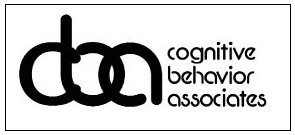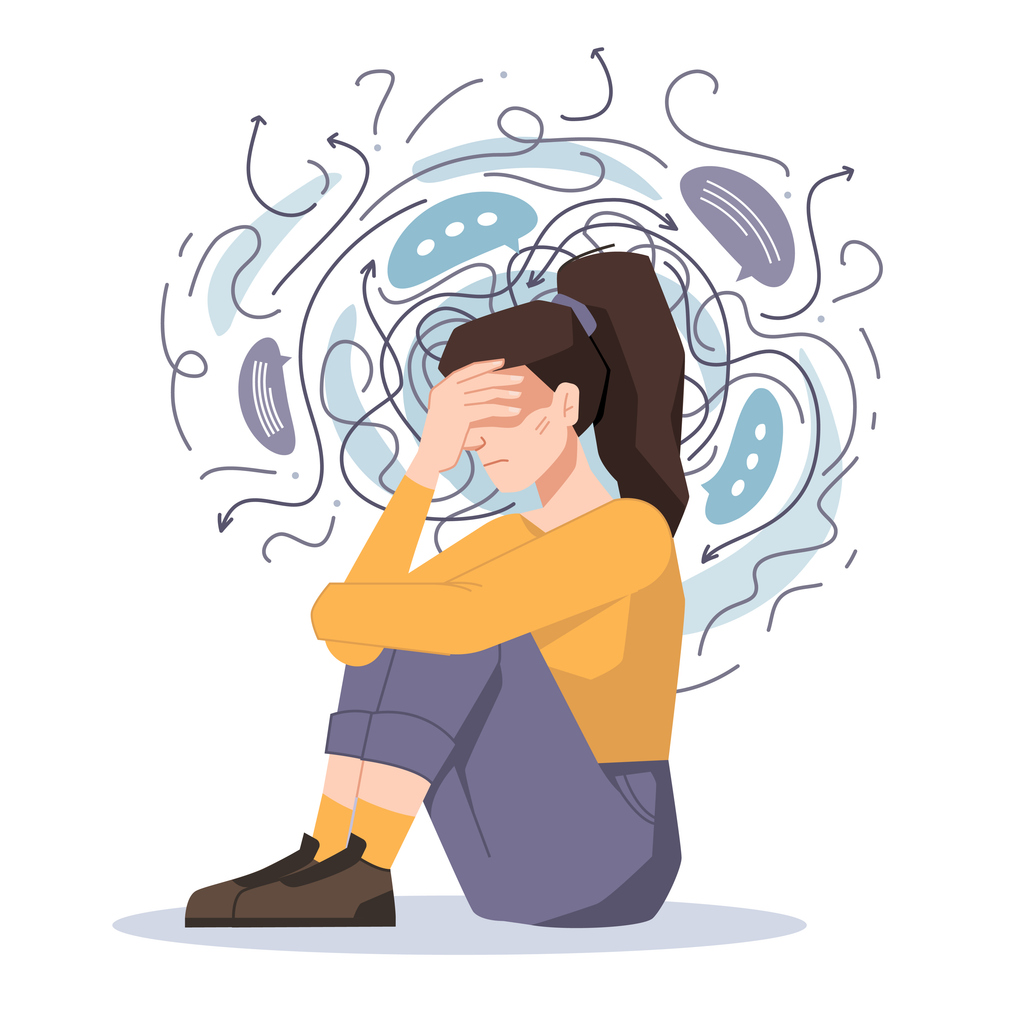Panic is one of the more upsetting emotions that an individual can experience, and individuals with panic disorder unfortunately experience this on a relatively frequent basis. For this reason, learning how to manage your panic disorder is essential for allowing those with this condition to live a more normal existence.
Not every individual who experiences panic attacks has panic disorder, and often, it takes consultation with a trained psychological specialist to determine whether or not this diagnosis fits you. If you have or suspect you have panic disorder, take a look at this guide on the condition and reach out to trained panic disorder specialists in Los Angeles.
What is Panic Disorder?
Mental health professionals generally list the following symptoms as indicative of true panic disorder rather than the occasional panic attack. If you are experiencing any of the following symptoms, you may have or be developing panic disorder.
- You have frequent panic attacks that onset without warning.
- You have ongoing worries about having another panic attack.
- You avoid situations that you believe might trigger a panic attack.
- Drugs, substance abuse, or a medical condition do not cause your panic attacks.
- You do not have other mental health disorders, such as various phobias or OCD.
Individuals who are prone to having panic attacks but do not necessarily have panic disorder can still be sensitive to developing this psychological disorder in the future if symptoms are left untreated.
Treatments for Panic Disorder
Proper treatment of panic disorder can help to reduce the intensity and frequency of panic attacks and improve the overall quality of life that a patient experiences. The two primary methods of treatment are cognitive behavior therapy and medications, though patients often utilize a combination of the two.
Cognitive behavior therapy is considered the first line of defense for patients, as it is generally less invasive than many medications. Cognitive behavior therapy can help you understand the underlying cause of your panic attacks, as well as the most effective methods for you to manage them personally.
Additionally, cognitive behavior therapy can help you recognize that panic attacks are not actually actively dangerous to you. Rather, they are a figment of the mind. This awareness can help a patient reduce the severity of their attacks.
Medication for Panic Disorder
Medications can reduce the symptoms of panic attacks should cognitive behavior therapy be insufficient. Several different types of medications can be used in this regard:
- SSRIs: This is a very commonly prescribed class of antidepressants. These are generally the first class of medications that are prescribed for the treatment of panic attacks and panic disorder. Some of the most commonly prescribed include Prozac, Paxil, and Zoloft.
- SNRIs: This is another class of antidepressants that is commonly used in the treatment of panic disorder. These may be useful for patients who are sensitive to the effects of SSRIs.
- Benzodiazepines: These are a class of sedative drugs that depress the central nervous system. Benzodiazepines are typically only used on a short-term basis. They can be habit-forming and interact with other drugs and alcohol.
Most serious medications carry side effects, so you will need to discuss with your physician which type would be appropriate for your situation. You should be careful with your selection of medication, as the wrong choice can create more problems than it solves in the long run.
How to Manage Your Panic Disorder
You can take steps to manage panic disorder at home, which may circumvent the need for more serious treatments. Take a look at the following steps that you can take to attempt to manage your condition:
- Get plenty of exercise.
- Get plenty of high-quality sleep.
- Avoid caffeine, smoking, drugs, and excessive alcohol use.
- Consider joining a support group.
- Take all your doctor’s advice very seriously.
Adopting some or all of these habits should reduce the frequency and severity of your panic attacks and the likelihood that you will need cognitive behavior therapy treatment or medication later. This, in turn, can save you trouble moving forward with your general management of the condition.
The Best Cognitive Behavior Therapy in LA
Cognitive Behavior Associates is one of the most trusted resources for cognitive behavior therapy in Los Angeles. If you have panic disorder, contact our panic disorder specialist today to set up an appointment and begin managing your life to a higher degree.

